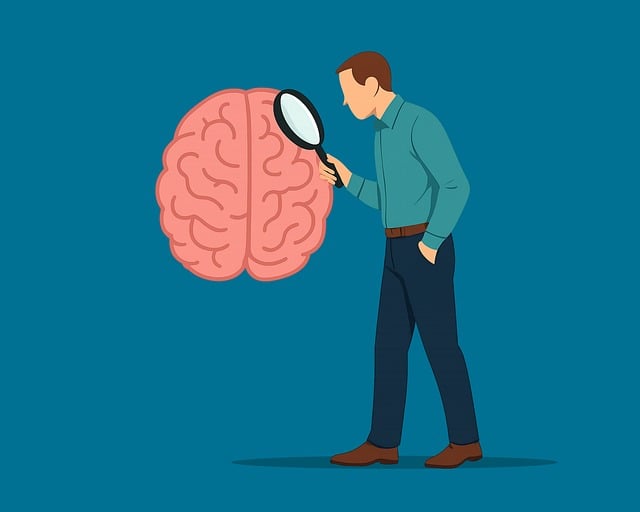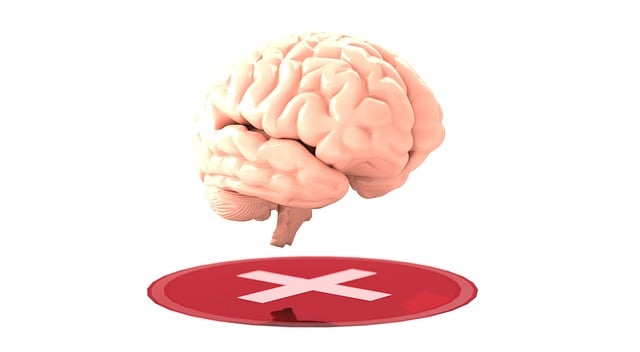Mental health crisis hotlines serve as crucial resources for children in emotional distress, offering immediate confidential therapy tailored to boost self-esteem and resilience. These lines empower kids with tools to manage future challenges, break down barriers to therapy, and foster healthier coping mechanisms through evidence-based practices and mental wellness coaching. Early intervention ensures immediate support while promoting long-term well-being.
Mental health crisis hotline support services play a crucial role in safeguarding children’s well-being. This article delves into three key aspects: understanding mental health crisis hotlines, exploring therapy’s impact on building self-esteem for young individuals, and examining how these services are revolutionizing child mental healthcare. By providing accessible support, hotlines offer a lifeline for children facing emotional challenges, fostering resilience and promoting healthy development through targeted therapy interventions.
- Understanding Mental Health Crisis Hotlines: A Lifeline for Children's Well-being
- The Role of Therapy in Building Self-Esteem for Young Individuals
- Accessible Support: How These Services Are Revolutionizing Child Mental Healthcare
Understanding Mental Health Crisis Hotlines: A Lifeline for Children's Well-being

Mental health crisis hotlines serve as a critical lifeline for children facing emotional distress. These dedicated resources provide immediate support and guidance, ensuring young individuals receive the necessary care during challenging times. By offering confidential and accessible therapy for children, these hotlines play a pivotal role in fostering self-esteem and resilience.
In today’s fast-paced world, where mental health issues among children are on the rise, crisis hotlines offer much-needed Crisis Intervention Guidance. They provide a safe space for kids to express their feelings without judgment, helping them navigate through intense emotions. Through trained professionals, these services deliver evidence-based practices tailored to enhance self-care and promote healthy coping mechanisms. This proactive approach not only addresses immediate crises but also empowers children with tools to manage future challenges, ultimately contributing to improved mental health outcomes.
The Role of Therapy in Building Self-Esteem for Young Individuals

Therapy plays a pivotal role in fostering self-esteem among young individuals, addressing the root causes of low self-worth and providing them with essential tools for personal growth. Through tailored therapy sessions, children learn to navigate their emotions, understand their strengths, and challenge negative thought patterns. Mental wellness coaching programs, centred around development and the integration of mind over matter principles, empower youth to cultivate positive thinking—a cornerstone in building resilience against mental health crises.
By engaging in therapy, young people can develop healthier coping mechanisms, improve their self-perception, and enhance their overall mental wellness. This supportive environment encourages expression, exploration, and self-acceptance, ultimately enabling individuals to navigate life’s challenges with greater confidence and a more positive outlook.
Accessible Support: How These Services Are Revolutionizing Child Mental Healthcare

Mental health crisis hotlines are transforming child mental healthcare by offering accessible support that breaks down barriers to therapy. These services provide a confidential and non-judgmental space for children to express their feelings, fears, and frustrations, fostering an environment conducive to healing. Many hotlines utilize trained professionals who specialize in childhood development, equipped with techniques tailored to enhance self-esteem and coping skills development.
Through community outreach program implementation, these hotlines expand their reach beyond traditional therapy settings. They offer valuable resources for parents and caregivers, empowering them with burnout prevention strategies for healthcare providers. By addressing mental health concerns early, these services not only support children’s immediate needs but also lay the foundation for long-term resilience and well-being.
Mental health crisis hotline support services play a pivotal role in revolutionizing child mental healthcare by providing accessible and immediate assistance. Understanding these hotlines and their impact on young individuals’ well-being is essential, especially when coupled with therapy focused on building self-esteem. By offering a lifeline to children in crises, these services not only alleviate immediate distress but also contribute to long-term mental health resilience.








